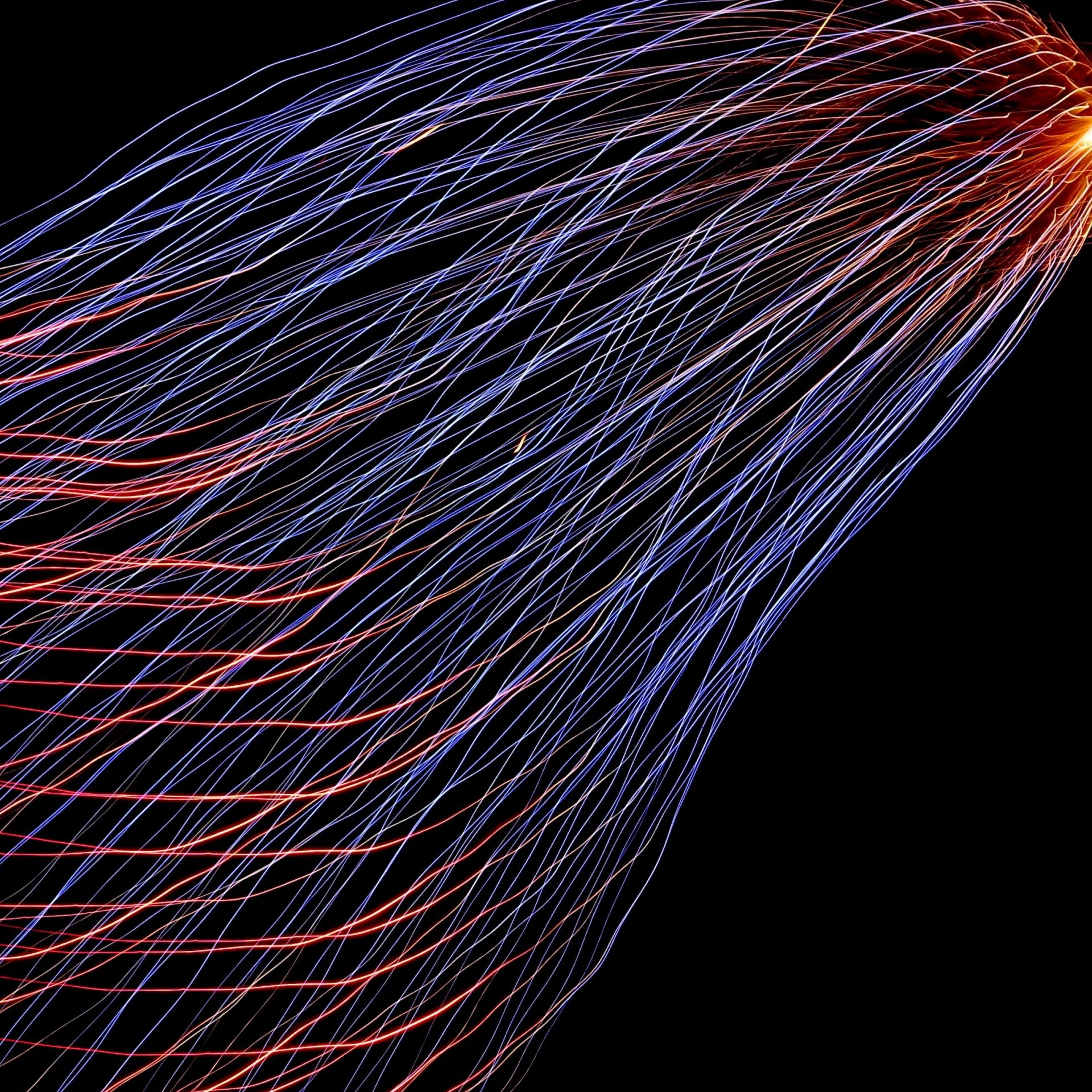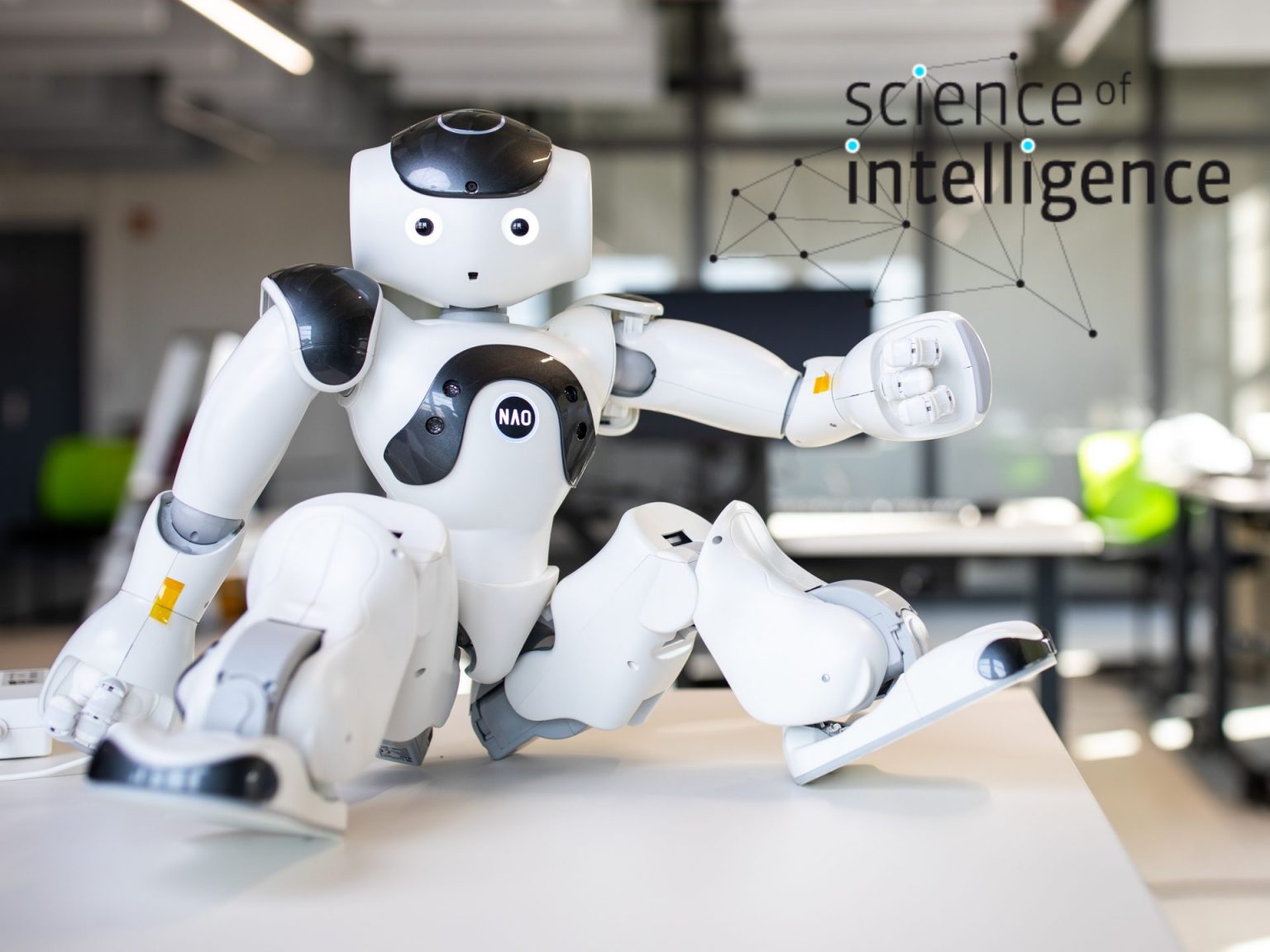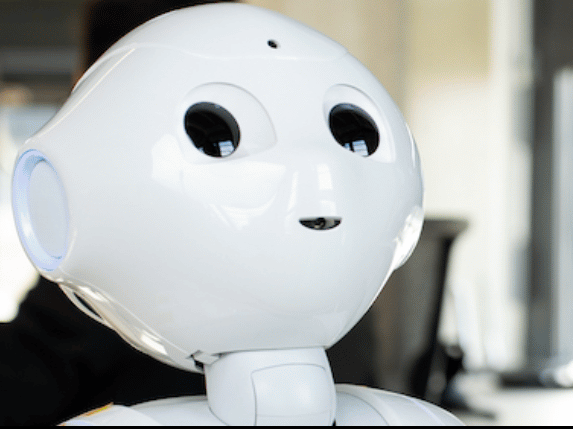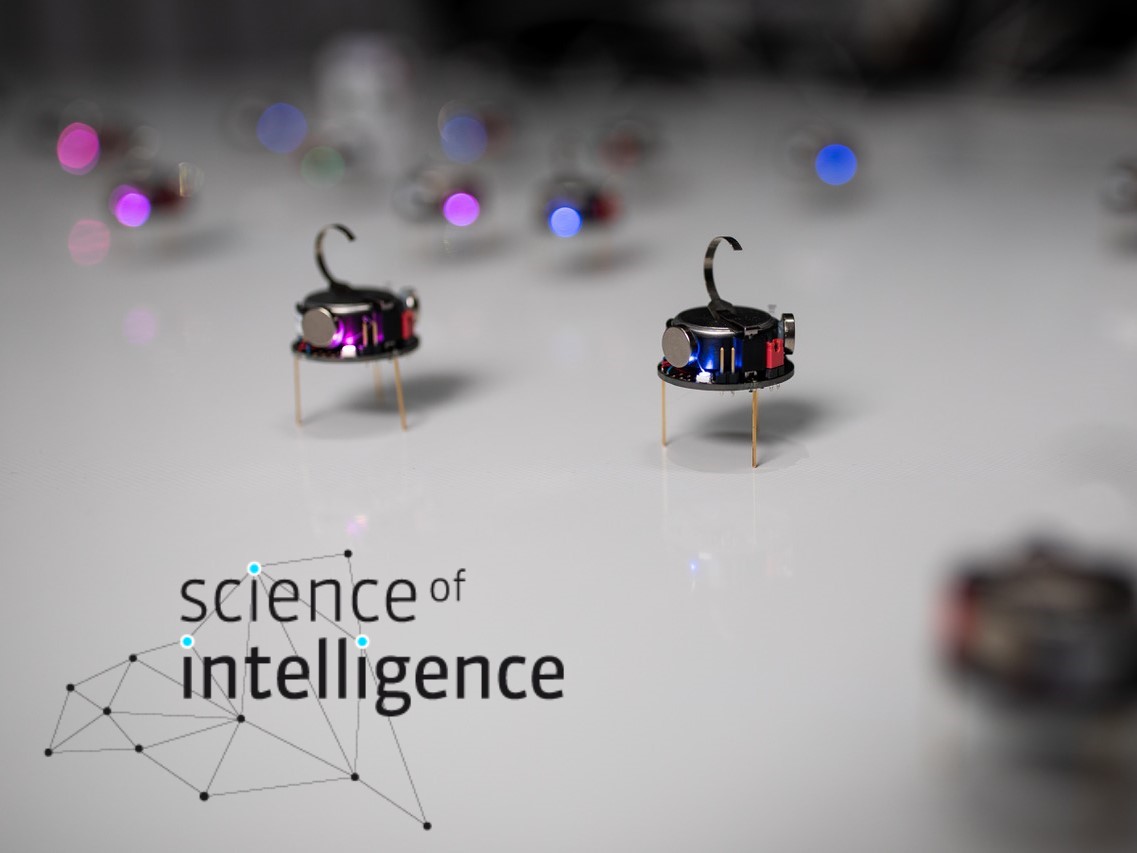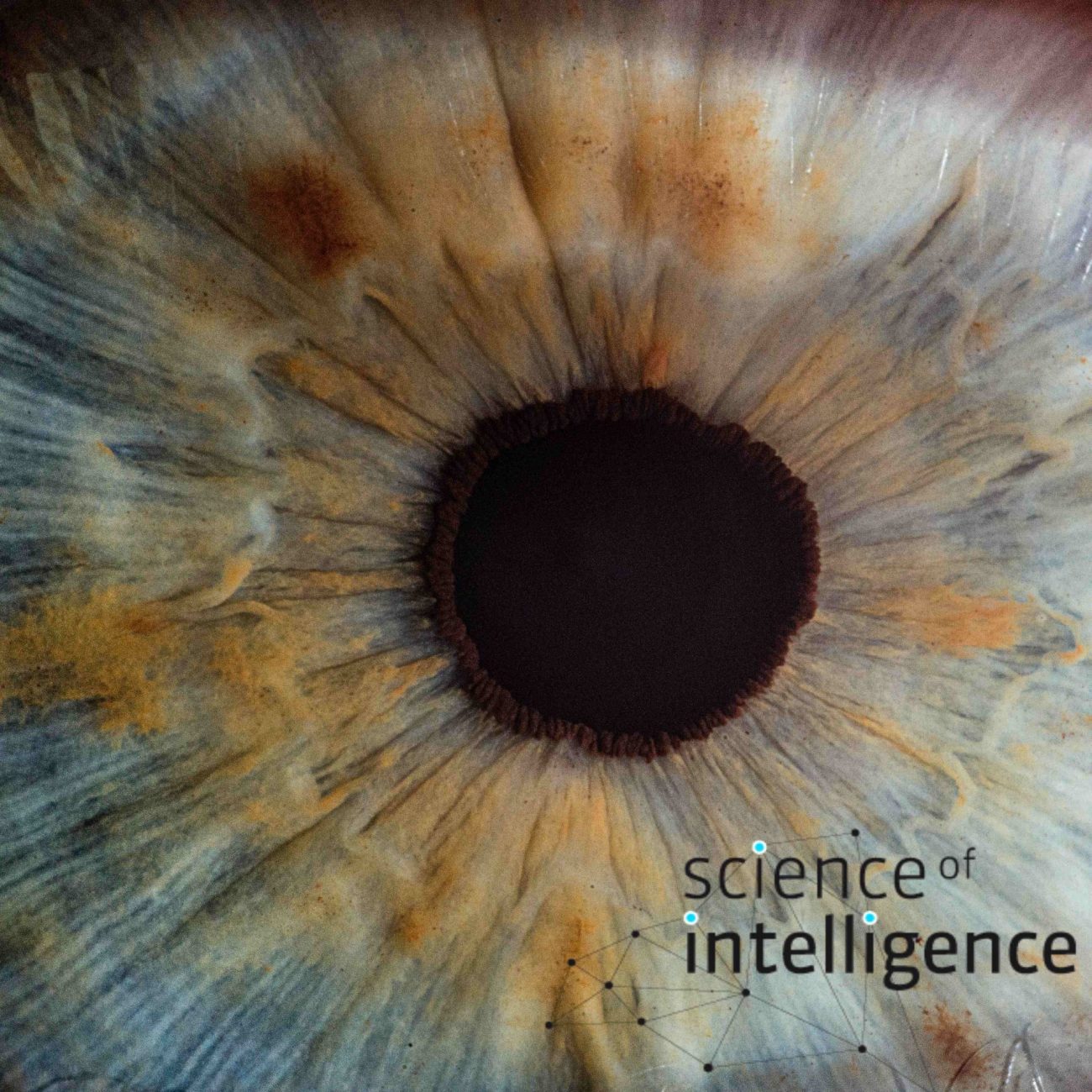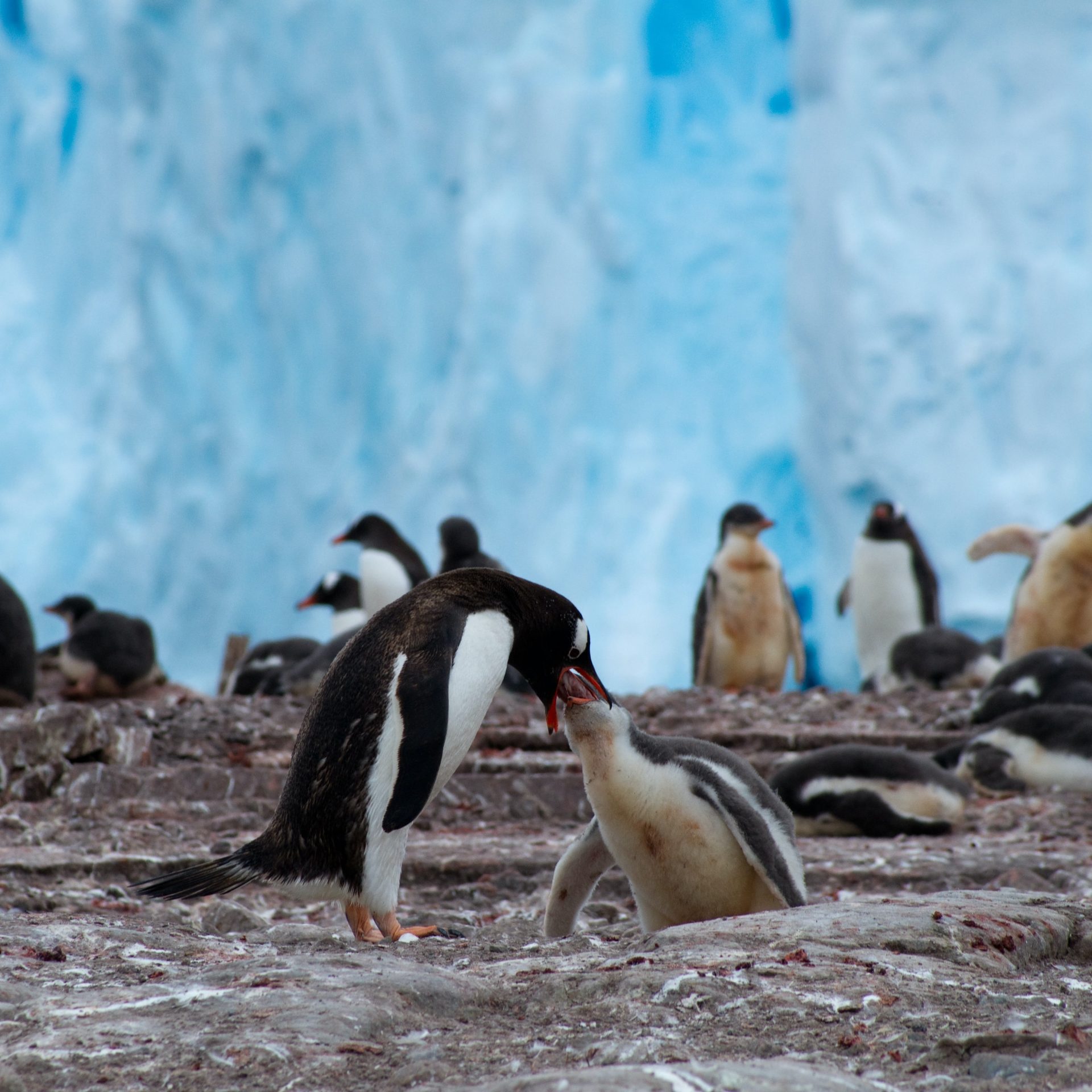Shintaro Shiba, “From Events to Motion to its Applications”
MAR 2.057Abstract: Estimating motion from image sensors is a fundamental problem in computer vision and robotics. Event cameras are novel bio-inspired sensors that provide a signal suitable for estimating motion because their pixels naturally respond to intensity changes, which are tightly related to motions in the scene. However, event data is fundamentally different from conventional frame

